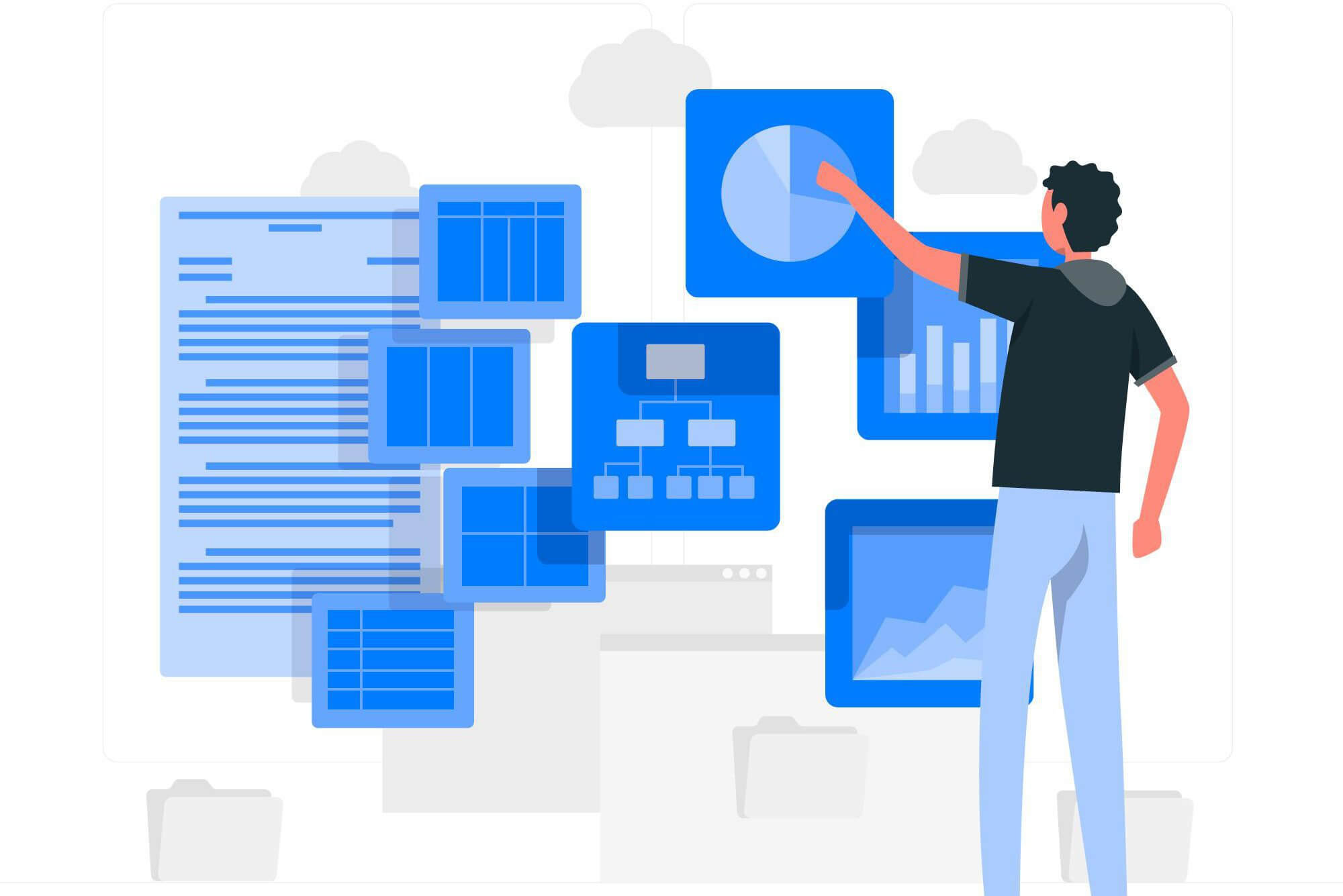For healthcare organizations of all sizes, moving to a cloud-based IT model makes a lot of sense for a lot of reasons.
The huge growth of patient data along with the critical need to comply with data security requirements mean that cloud-based services are an efficient and cost-effective way for healthcare organizations to modernize and streamline their data.
Practically speaking, cloud IT also appeals to healthcare leaders because of the increasing need to store information offsite while keeping it accessible from multiple locations. Thanks to these and other benefits, the value of the healthcare cloud computing market is expected to reach $25.7 billion by 2024. (Source: Esticast)
However, what’s too often overlooked is how all the advantages of cloud-based data management can also give rise to a range of security concerns if the data and cloud applications are not thoroughly protected.
Depending on the level of diligence taken, the posture of cloud IT for healthcare can range anywhere from extremely secure to dangerously vulnerable. What are the most hazardous threats that healthcare decision-makes should be aware of?
First and foremost, there are breaches via cyber attack. Explosive data grown in healthcare has made the industry’s organizations highly attractive targets for criminals who deploy sophisticated ransom ware and other cyber attacks—attacks that can be both crippling and costly.
While the financial impact can vary greatly, IBM research from 2021 shows that organizations with fewer than 500 employees spend an average of nearly $3 million per data breach. (Source: IBM and the Ponemon Institute’s 2021 Cost of a Data Breach Report)
Regulatory fines also differ across jurisdictions, but a data breach under the Province of Ontario’s Personal Health Information Protection Act (PHIPA), for instance, can hit organizations with financial penalties of up to $1 million.
For critical first steps in reducing these risks and financial exposure, healthcare decision-makers moving to cloud IT should ask themselves some basic questions, such as:
- The average business uses four file-sharing tools. Do you know how your data is being share and by whom?
- Are you following best practices with security measures such as multi-factor authentication (MFA) for user login? Only 11% of global business have deployed it but Microsoft has stated that MFA alone could block 99.9% of breaches.
- Are you assuming that clouds services are automatically secure? Microsoft 365, for examples, doesn’t come configured with advanced security. Without reconfiguration, any user can share files freely and leave meetings open to anyone.
Cloud IT can be great for healthcare as long as there’s a healthy approach taken to security. Contact us today to learn more about your safest and most effective cloud data strategy at [email protected]






